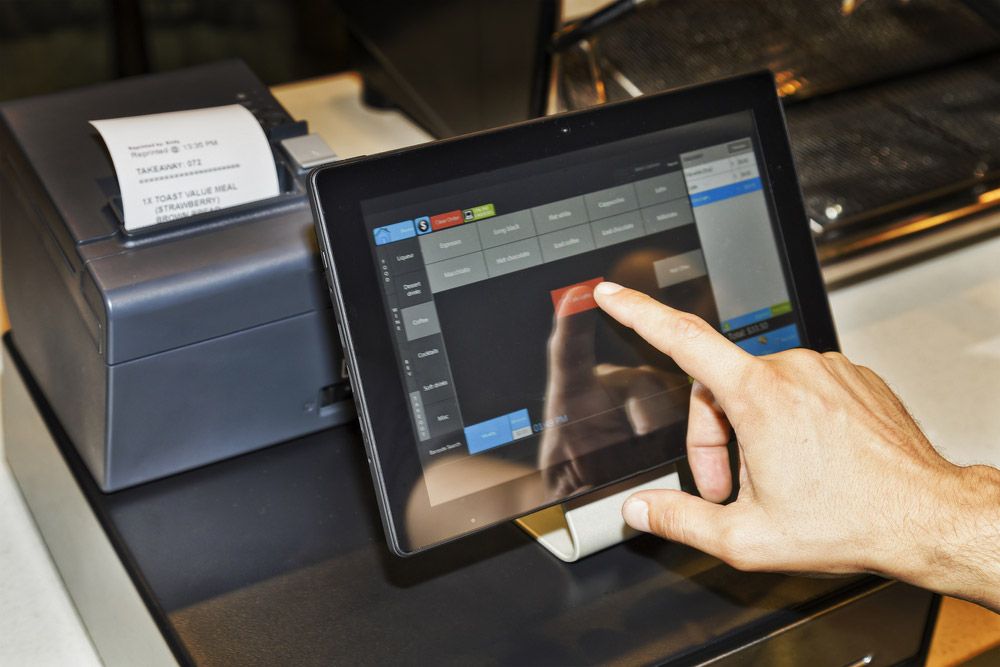The Importance of User Feedback in POS System Selection

Choosing the right Point of Sale (POS) system is a critical decision for any business, whether you’re running a retail store, restaurant, or service-based enterprise. With numerous options available, selecting a system that aligns with your operational needs can be overwhelming. One of the most effective ways to navigate this complex decision is by incorporating user feedback into your selection process. Here’s why user feedback is essential when choosing a POS system.
Understanding Real-World Applications
User feedback provides invaluable insights into how a POS system performs in real-world settings. While product specifications and features can offer a glimpse into a system’s capabilities, they often fail to capture the nuances of daily use. Users can share their experiences regarding ease of use, integration with other software, and the system’s ability to handle peak times efficiently. This firsthand information can highlight strengths and weaknesses that may not be apparent from product demos or marketing materials.
Identifying Pain Points
Every business has unique challenges that a POS system must address. User feedback can reveal common pain points that various businesses encounter. For example, some users may struggle with a system’s inventory management features, while others may find the reporting capabilities lacking. By gathering feedback from potential users, you can better understand these challenges and ensure that the chosen system addresses them effectively. This can lead to smoother operations and a more satisfying experience for both employees and customers.
Evaluating Customer Support
Customer support is a crucial aspect of any technology solution, including POS systems. User reviews often touch on the quality of customer service provided by the POS vendor. Are representatives easily accessible? How quickly do they resolve issues? User feedback can help you gauge whether a vendor is committed to supporting their customers effectively. A system that seems perfect on paper can quickly become a headache if the support is lacking when problems arise.
Assessing Flexibility and Scalability
As businesses grow and evolve, their needs change. A POS system that works well for a small café may not suffice for a multi-location retail chain. User feedback can provide insights into how well a system adapts to changing business needs. Users can share experiences regarding adding new locations, integrating additional features, or scaling up inventory management. This information is critical in selecting a system that will continue to meet your needs as your business expands.
Fostering Community and Collaboration
In the age of digital transformation, many POS systems come with community forums or user groups. These platforms allow users to share tips, troubleshoot problems, and exchange best practices. Engaging with these communities can provide additional layers of feedback that may not be available through formal reviews. Understanding how other businesses leverage their POS systems can inspire new ideas for your own operation.
Conducting Competitive Analysis
User feedback also plays a vital role in competitive analysis. By comparing reviews from users of different POS systems, you can identify which systems consistently receive praise and which fall short. This comparative insight can guide you toward a solution that aligns with your business objectives and expectations.
Implementing a Feedback Loop
Once you’ve selected a POS system, the importance of user feedback doesn’t end. Establishing a feedback loop within your organization can lead to ongoing improvements in how the system is utilized. Encourage your employees to share their experiences and challenges with the system, which can help in making informed decisions about upgrades, additional training, or feature requests.
Conclusion
In conclusion, user feedback is an essential component of the POS system selection process. It provides a deeper understanding of real-world applications, highlights pain points, evaluates customer support, and assesses flexibility. By taking the time to gather and analyze user feedback, you can make a more informed decision, ensuring that your chosen POS system aligns with your business needs and enhances operational efficiency. Ultimately, this investment in user insights will contribute to a smoother implementation and a better overall experience for both your employees and customers.
Visit our site at www.dibtech.com.au
Visit our YouTube channel for tutorials Dibtech






